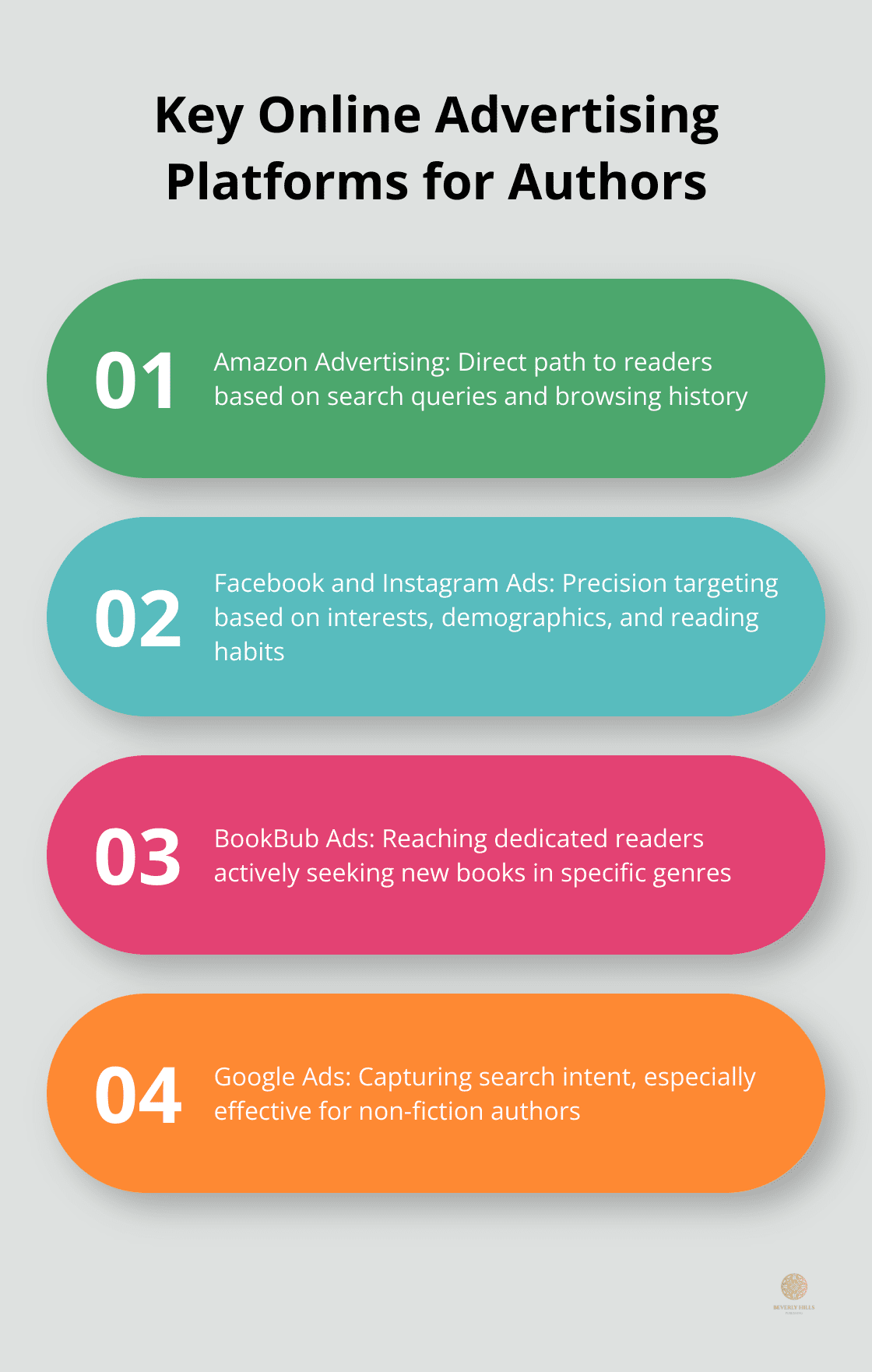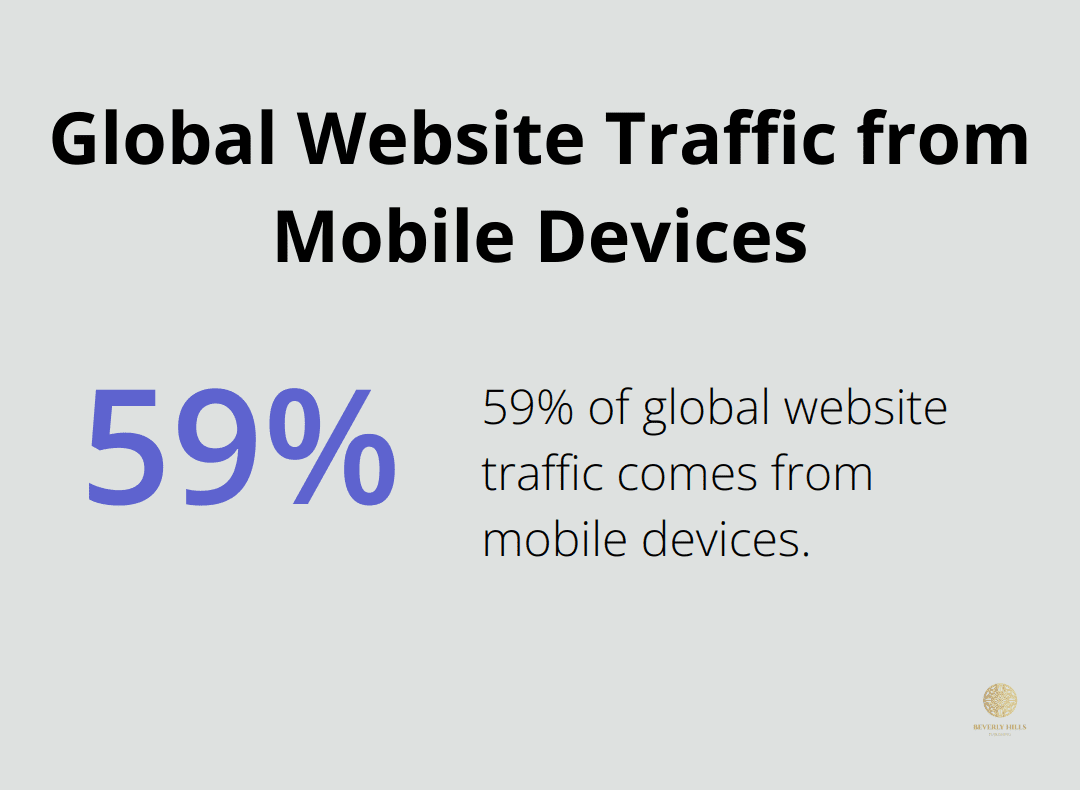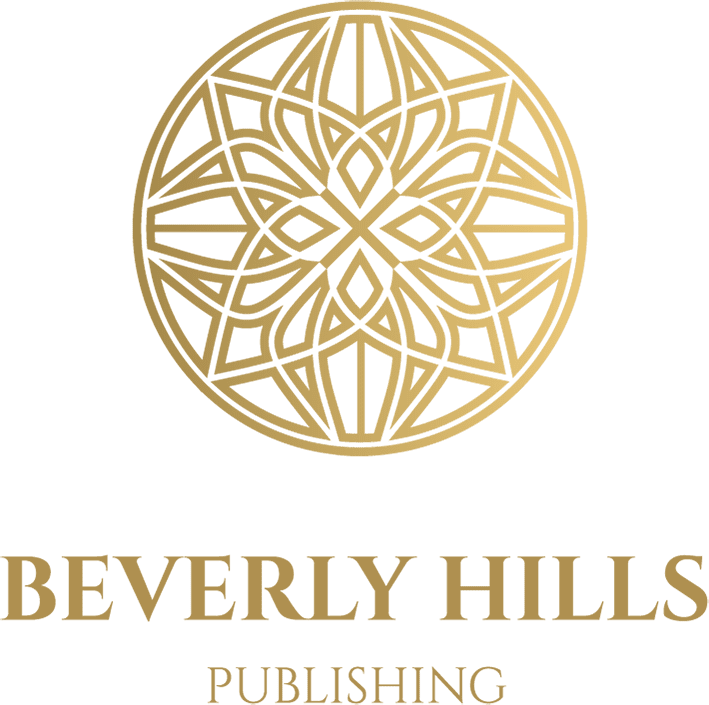At Beverly Hills Publishing, we understand the power of effective book marketing tools for author success.
In today’s competitive literary landscape, authors need more than just great writing to stand out.
This blog post will explore essential book marketing tools and strategies to help you maximize your book’s visibility and sales.
From social media management to online advertising, we’ll cover the key elements that can propel your author career forward.
Which Tools Drive Author Success?
Harnessing Social Media Power
Social media management platforms are essential for authors who want to build and engage their audience. Tools like Hootsuite or Buffer allow you to schedule posts across multiple platforms, which saves time and ensures a consistent presence. Hootsuite provides in-depth analytics that help you understand your audience better, allowing you to track engagement rates and optimize your social media strategy.
Mastering Email Marketing
Email continues to be a powerhouse in book marketing. MailChimp, with its user-friendly interface and powerful automation features, is a popular choice for many authors. A 2024 study by the Email Marketing Institute found that authors who regularly engage their mailing list see a 40% higher conversion rate on book launches compared to those who don’t.

Tracking Your Success
Analytics tools provide valuable insights into your marketing efforts. Google Analytics (a free, robust option) can help you understand your website traffic and reader behavior. For a more book-specific approach, Book Report offers detailed sales analytics for Amazon authors, which helps you make data-driven decisions about your marketing strategies.
Amplifying Your Reach
Book promotion sites can significantly boost your visibility. BookBub, with its millions of subscribers, is a prime example. However, it’s important to note that giving away books for free may not always be beneficial. Some publishers have seen negative impacts on book sales from giveaways.
Leveraging Publishing Expertise
While self-publishing tools have democratized the industry, partnering with a reputable publishing company can provide invaluable resources and expertise. Beverly Hills Publishing™, for instance, offers a unique blend of publishing services and strategic branding that can elevate an author’s visibility and establish them as an industry authority.
The key to success lies not just in using these tools, but in using them strategically. A tailored marketing plan that leverages these tools effectively ensures each author’s unique voice reaches its intended audience. The most successful authors don’t see overnight success. They commit to learning and applying these tools over time, gradually building their platform and readership.
As we move forward, let’s explore how online advertising can further amplify your book’s reach and drive sales. These powerful platforms offer targeted approaches to connect with your ideal readers.
How Online Advertising Boosts Your Book Sales

Amazon Advertising: A Direct Path to Readers
Amazon Advertising offers authors a direct line to potential readers. This platform allows you to target users based on their search queries and browsing history. An author’s advertising dashboard reports on total sales as a result of ads as well as return on ad spend (total sales divided by total ad spend). To start, select relevant keywords and set a small daily budget. Monitor your Advertising Cost of Sales (ACoS) and try to maintain it below 70% for new authors.
Facebook and Instagram Ads: Precision Targeting
Facebook and Instagram ads provide unmatched targeting options. You can reach potential readers based on interests, demographics, and reading habits. Create visually appealing ads that showcase your book cover and a compelling tagline. Begin with a budget and test various ad formats to identify what resonates with your audience.
BookBub Ads: Reaching Dedicated Readers
BookBub ads prove highly effective due to their targeted reader base. While Featured Deals can be competitive, their CPM (cost per thousand impressions) ads are accessible to all authors. These ads connect you with readers actively seeking new books in your genre. Focus your ad on your book’s unique selling points and consider offering a limited-time discount to drive immediate action.
Google Ads: Capturing Search Intent
Google Ads can be particularly effective for non-fiction authors or those with a strong online presence. Target specific search terms related to your book’s topic to reach readers actively seeking information in your niche. Bid on long-tail keywords that are less competitive but highly relevant to your book.
Successful online advertising requires continuous testing and optimization. Start small, track your results, and adjust your strategy based on what works best for your book and target audience. As we transition to the next section, we’ll explore how to leverage author websites and blogs to complement your advertising efforts and create a robust online presence.
How Your Author Website Can Boost Book Sales
Create a Professional First Impression
Your author website often serves as the first point of contact between you and potential readers. A clean, professional design that reflects your brand as an author will make a lasting impact. Include high-quality images of your book covers and a professional author photo. Ensure your site is mobile-responsive – almost 59 percent of global website traffic comes from mobile devices.

Craft Compelling Content
Your blog is a powerful tool to engage readers and showcase your expertise. Post consistently – at least once a week. Mix up your content with book excerpts, behind-the-scenes glimpses of your writing process, and topics related to your book’s themes. This variety will keep readers coming back and help establish you as an authority in your field.
Optimize for Search Engines
To improve your website’s visibility, focus on search engine optimization (SEO). Use relevant keywords in your page titles, headers, and throughout your content. The #1 result in Google’s organic search results has an average CTR of 27.6%. Tools like Yoast SEO can guide you through the optimization of each page and post.
Build Your Email List
Your mailing list is invaluable. Place sign-up forms prominently on your site, and offer an incentive like a free chapter or exclusive content. Use your website to grow this valuable asset.
Showcase Your Books
Create dedicated pages for each of your books. Include compelling descriptions, reviews, and links to purchase. Consider adding a media kit for easy access by journalists and bloggers. This centralized information hub will make it easier for potential readers (and media contacts) to find what they need.
Implementing these strategies will take time and effort, but the payoff can be substantial. A strong author website not only boosts book sales but also builds a lasting connection with your readers. Update your content regularly, engage with your audience, and refine your approach based on what resonates with your readers.
Final Thoughts
Success in today’s publishing landscape demands a multi-faceted approach. Authors must utilize a variety of book marketing tools, from social media platforms to email marketing software and analytics tools. Online advertising on Amazon, Facebook, and BookBub offers targeted ways to reach potential readers, while a well-crafted author website serves as a central hub for an online presence.
We at Beverly Hills Publishing understand the challenges authors face in this complex digital landscape. Our integrated approach to publishing and strategic branding helps authors establish themselves as industry authorities. Our expertise guides authors in maximizing these powerful book marketing tools, ensuring their unique voice reaches its intended audience.
Effective book marketing requires patience, persistence, and adaptability. Authors should experiment with different tools and refine their approach (the publishing world constantly evolves). New marketing opportunities can provide a significant edge, and with dedication and the right strategies, authors can transform their passion for writing into a thriving career.















































































































































































































































